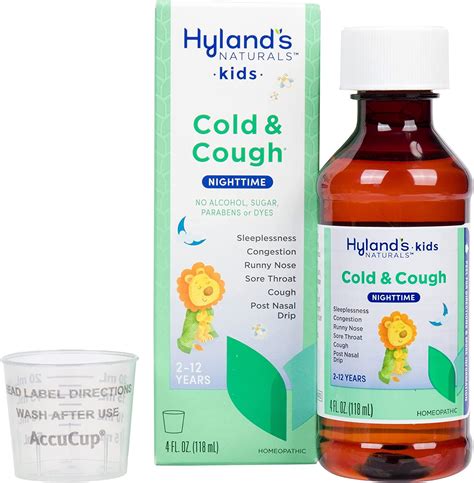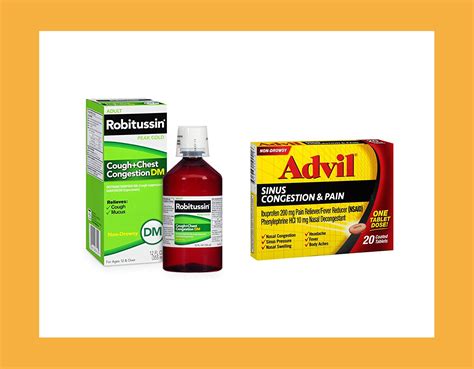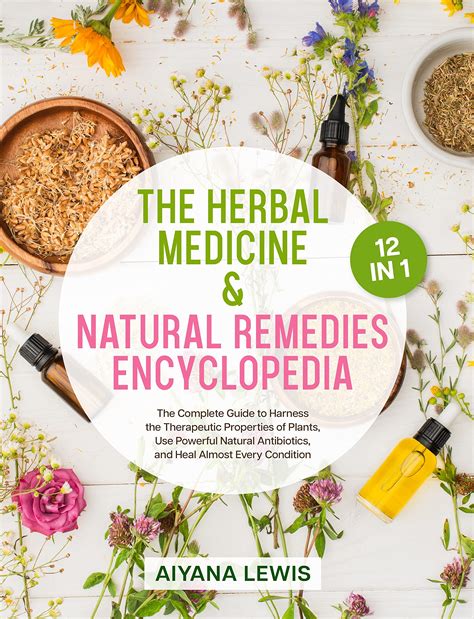Intro
Discover the best medicine for cough relief, featuring effective cough suppressants, expectorants, and natural remedies to soothe sore throats and calm persistent coughs, providing fast and lasting relief.
Coughing is a natural reflex that helps to clear the airways of irritants, but it can also be a symptom of an underlying condition. When it comes to finding the best medicine for cough relief, it's essential to consider the type of cough, its severity, and any underlying health conditions. In this article, we will delve into the world of cough medicines, exploring the different types, their active ingredients, and what to look for when choosing the best medicine for your cough.
A persistent cough can disrupt daily life, making it challenging to sleep, work, or engage in social activities. Coughs can be classified into two main categories: dry coughs and productive coughs. Dry coughs are often caused by irritants such as smoke, dust, or allergies, while productive coughs produce mucus, which can be a sign of an underlying infection. Understanding the type of cough you have is crucial in selecting the most effective treatment.
The pharmaceutical industry offers a wide range of cough medicines, each with its unique formula and active ingredients. Over-the-counter (OTC) medications are readily available, but prescription medications may be necessary for more severe cases. When choosing a cough medicine, it's essential to read the label carefully, looking for ingredients that target your specific symptoms.
Types of Cough Medicines

Cough medicines can be broadly classified into several categories, including expectorants, suppressants, and combination products. Expectorants, such as guaifenesin, help to thin and loosen mucus, making it easier to cough up. Suppressants, like dextromethorphan, work by reducing the cough reflex, providing quick relief from persistent coughing. Combination products often pair an expectorant with a suppressant, offering a comprehensive approach to cough relief.
Expectorants
Expectorants are designed to help loosen and clear mucus from the airways, making them an excellent choice for productive coughs. Guaifenesin is a common expectorant found in many OTC cough medicines. It works by increasing the amount of water in the airways, which helps to thin and loosen mucus, making it easier to cough up.Suppressants
Suppressants, on the other hand, are designed to reduce the cough reflex, providing quick relief from persistent coughing. Dextromethorphan is a common suppressant found in many OTC cough medicines. It works by blocking the brain's cough center, reducing the urge to cough.Active Ingredients

When choosing a cough medicine, it's essential to consider the active ingredients and their potential interactions with other medications. Some common active ingredients found in cough medicines include:
- Dextromethorphan: a suppressant that reduces the cough reflex
- Guaifenesin: an expectorant that helps to thin and loosen mucus
- Phenylephrine: a decongestant that helps to reduce nasal congestion
- Acetaminophen: a pain reliever that helps to reduce fever and relieve headaches
Combination Products
Combination products often pair an expectorant with a suppressant, offering a comprehensive approach to cough relief. These products can be beneficial for individuals who experience both dry and productive coughs. However, it's essential to read the label carefully, as some combination products may contain unnecessary ingredients that can increase the risk of side effects.Prescription Cough Medicines

In some cases, OTC cough medicines may not be enough to provide adequate relief. Prescription cough medicines, such as codeine and hydrocodone, are often reserved for more severe cases of coughing. These medications can be highly effective, but they also carry a higher risk of side effects and addiction.
Codeine
Codeine is a prescription cough suppressant that works by blocking the brain's cough center. It's often used to treat severe, persistent coughing that interferes with daily life. However, codeine can be habit-forming, and its use should be closely monitored by a healthcare professional.Hydrocodone
Natural Remedies
While OTC and prescription cough medicines can be effective, some individuals may prefer to explore natural remedies. Honey, for example, has been shown to have antimicrobial properties, which can help to soothe a sore throat and reduce coughing. Other natural remedies, such as ginger, eucalyptus, and menthol, can help to reduce inflammation and open up the airways.
Honey
Honey is a natural sweetener that has been used for centuries to soothe a sore throat and reduce coughing. Its antimicrobial properties can help to combat underlying infections, while its soothing properties can help to calm the throat and reduce inflammation.Ginger
Ginger is a natural anti-inflammatory that has been shown to reduce inflammation and open up the airways. It can be consumed as a tea, added to food, or taken as a supplement.Home Remedies

In addition to natural remedies, there are several home remedies that can help to provide cough relief. Staying hydrated, for example, can help to thin out mucus and reduce coughing. Using a humidifier can also help to add moisture to the air, reducing irritation and inflammation.
Staying Hydrated
Staying hydrated is essential for thinning out mucus and reducing coughing. Drinking plenty of fluids, such as water, tea, and soup, can help to keep the airways moist and reduce irritation.Using a Humidifier
Using a humidifier can help to add moisture to the air, reducing irritation and inflammation. This can be especially beneficial for individuals who experience dry, persistent coughing.Conclusion and Next Steps

Finding the best medicine for cough relief can be a daunting task, but by understanding the different types of coughs, active ingredients, and natural remedies, individuals can make informed decisions about their treatment. Whether you prefer OTC medications, prescription medications, or natural remedies, it's essential to consult with a healthcare professional to determine the underlying cause of your cough and develop a treatment plan that meets your unique needs.
We invite you to share your experiences with cough relief and ask any questions you may have about the topic. Please comment below, and we will do our best to provide you with helpful advice and guidance.
What is the best medicine for a dry cough?
+A dry cough can be treated with a suppressant, such as dextromethorphan. However, it's essential to consult with a healthcare professional to determine the underlying cause of your cough and develop a treatment plan that meets your unique needs.
What is the best medicine for a productive cough?
+A productive cough can be treated with an expectorant, such as guaifenesin. However, it's essential to consult with a healthcare professional to determine the underlying cause of your cough and develop a treatment plan that meets your unique needs.
Can I use natural remedies to treat my cough?
+Yes, natural remedies such as honey, ginger, and eucalyptus can be used to treat a cough. However, it's essential to consult with a healthcare professional before using any new remedies, especially if you have any underlying health conditions.
